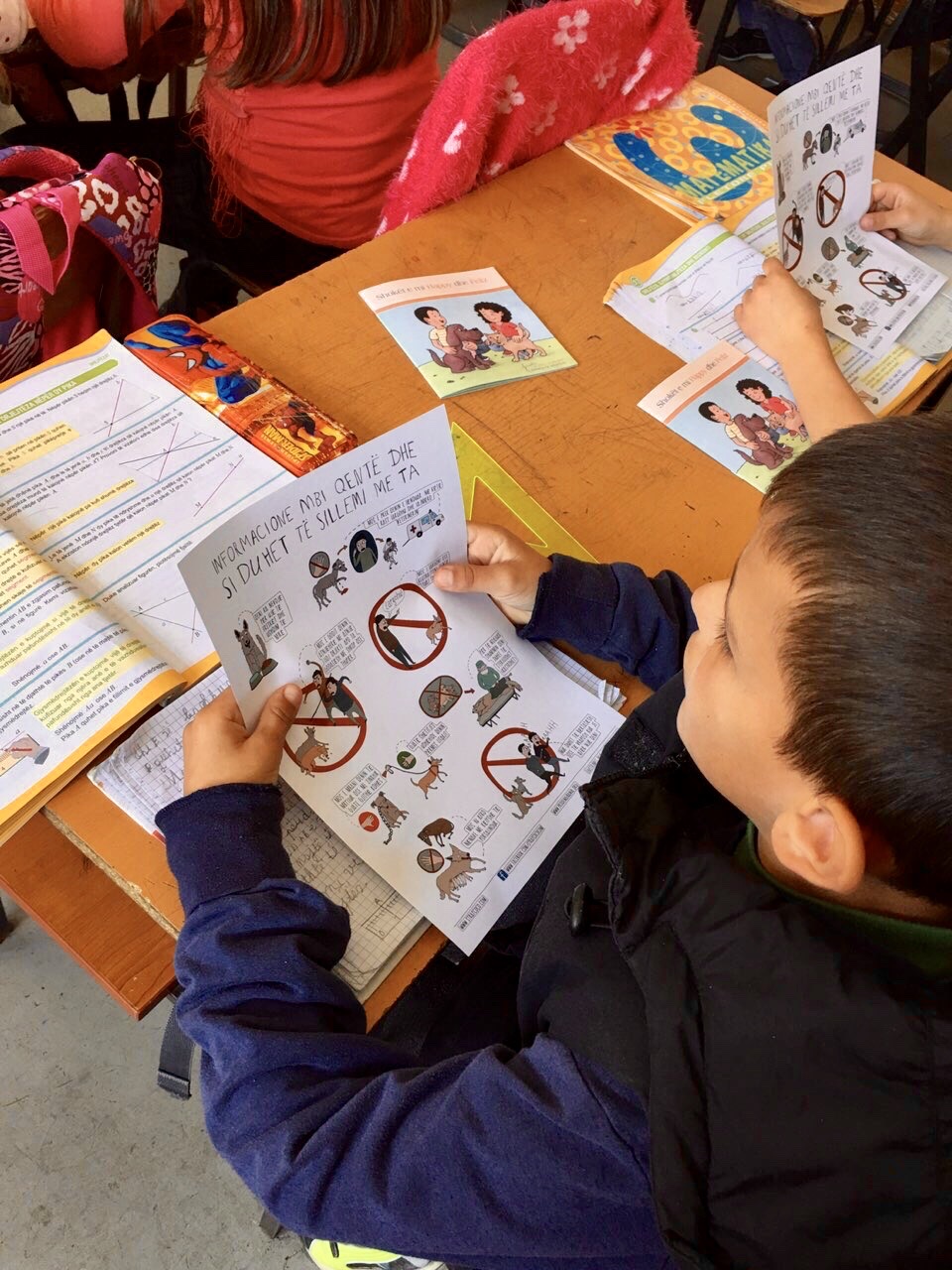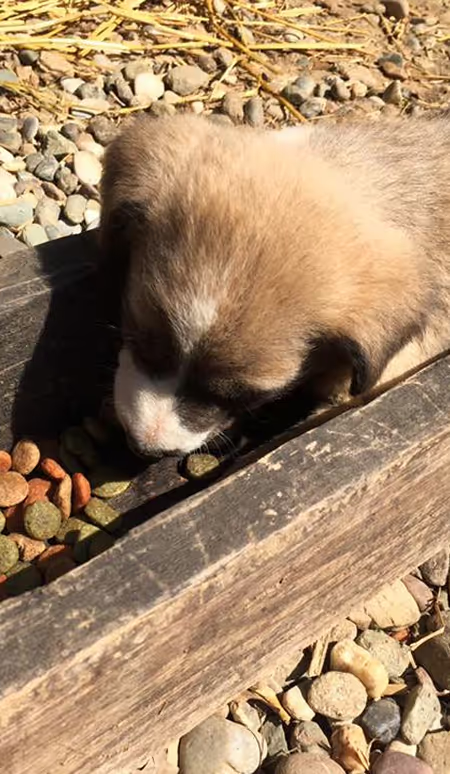Education and training
StrayCoCo = Straydog Control through Cooperation
For local Vets, Animal Welfare, and Pet Care








With your donation, you are helping dogs in Europe's poorest area: KOSOVO
Zürcher Kantonalbank
CH-8401 Winterthur

For donations in CHF:
BIC: ZKBKCHZZ80A
IBAN: CH13 0070 0110 0055 2113 2
For donations in EUR:
BIC: ZKBKCHZZ80A
IBAN: CH87 0070 0130 0085 1457 7
Jetzt mit Twint in CHF spenden.

Scan the QR code and enter the amount.
Amount and donation
confirm.
Thank you very much!
Directly to

CONTINUING EDUCATION OF VETERINARIANS

Since the first year of our work in the South Balkans, attention has been paid to the education and training of large veterinarians - in addition to ongoing castration work.
The KSAVA, the Kosovo Small Veterinary Association founded by us, supports our efforts to train all young and motivated veterinarians in ovariectomy, which should be done with the smallest possible incision, especially on street dogs.
In addition, the Strubeli Clinic in Hegnau has already several times zookeepers trained in a seminar and accompanied the workers there with dog care.
Finally, we introduce Program for school children to educate about animal welfare and pets. Our veterinarians teach in primary classes, accompanied by puppies and young dogs. For many children, it is the first time they touch a dog.
CONTINUING EDUCATION OF VETERINARIANS
Since the first year of our work in the South Balkans, attention has been paid to the education and training of large veterinarians - in addition to ongoing castration work.
Interested veterinarians are trained on pets by our team and teachers from the Netherlands and Slovenia. The Kosovo Veterinary Association “Oda e Veterinarisë” supported our efforts to train all young and motivated veterinarians in ovariectomy, which should be done with the smallest possible incision, especially on street dogs. This is the only way to be released into their territory soon.
The program also includes lectures to veterinarians, as in spring 2017, at the Veterinary Faculty in Pristina.
Und die Weiterbildung unserer Tierärzte bezüglich der Entwicklungsstadien von Welpen im Herbst 2025 mit Dr. Christina Sigrist von Petadvice.

PET CARE
Animal keepers for our sanctuary
In their second year of apprenticeship in May 2016, Athina Löhrer and Jasmin Rosenberger spent a week in our former sanctuary and clinic Nagavc/Kosovo to teach the unskilled workers what professional animal care and animal husbandry should look like... there is still a long way to go to perfection. Instead of enjoying holidays, they passed on their know-how to our four workers. (Travel expenses were paid privately.)
Volunteers are still being sought to work in Kosovo! We have accommodation for you in a bungalow on the hospital site.
If you are interested, please send us a message.

Two-day seminars for our animal care employees - August 2023 in Vushtrria and Gjakova
There is no profession of zookeeper in Kosovo. In Switzerland, the training lasts three years.
What we can offer in two-day courses is not much - but it makes sense. We'll report back.
ANIMAL CARE - INSIGHTS INTO THE STRUBELI ANIMAL SHELTER, HEGNAU/ZH
Even if it's only two days, a visit to the Strubeli animal shelter gives our employees an idea of what animal care training includes and teaches the importance of hygiene in the treatment of dogs. It is very regrettable that there is no training as an animal keeper in Kosovo. That is why everyone is invited to share this know-how, paying for travel and transportation to trained and English-speaking specialists.
(Picture: Athina Löhrer/Strubeli zookeeper, DVM Blendi Bejdoni and employees in Gjakova, Shkumbin Sada.)
Back in 2017, our vet DVM Blendi Bejdoni spent a day at Strubeli Animal Shelter and familiarise himself with dogs' day care. In 2019, our employee Shkumbin worked at Strubeli for two days and was very impressed. We like to thank the team! In 2020, we were able to send our second employee to Strubeli.

EDUCATION IN SCHOOLS
Children's book on how to avoid dog bites
In 2024, we published a book on children's behavior towards dogs. The booklet can be ordered in Kosovo from DVM Blendi Bejdoni.
(Video with english subtitles.)
SCHOOL VISITS TO GJAKOVA, VUSHTRRI, SKENDERAJ, DRENAS AND MITROVICA
Our partner vets visited school classes regularly since 2016, with the exception of the two years we lost due to COVID restrictions. We also invite school classes to our sanctuary.
In school lessons, we use a flyer designed by Anna Fleischhauer on the subject of dealing with stray animals. For advice on how to keep dogs and cats at home, we use the Susy Utzinger children's booklet. With their permission, we translated it into Serbian and Albanian, and it is now in use in the Albanian-speaking areas and Montenegro.
Our veterinarians teach themselves at all 5 project locations. At the same time, they also try to focus on the profession of small veterinarians. There are hardly any small veterinarians in both countries, as livestock and meat are much more important.
Donate for animals and Europe's poorhouse: help Kosovo.





































